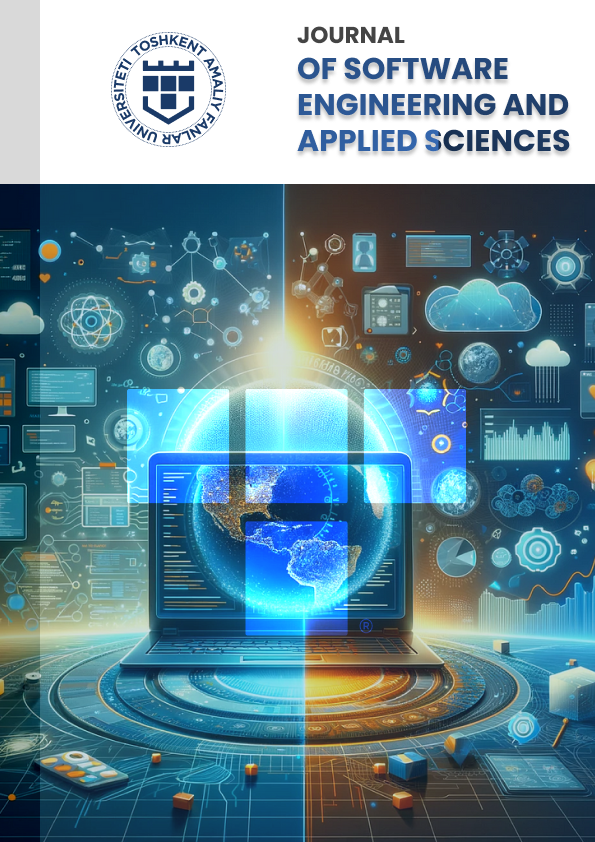Problems of digital transformation of education and their impact on scientific education
Authors
Sodikova Nigora Irgashevna1
![]() orcid=0009-0006-2797-5838
orcid=0009-0006-2797-5838
e-mail:SodikovaNigora@utas.uz
Mukhtorova Zilola Ziyoviddinovna2
e-mail:zilolamuxtorova@utas.uz
Abstract
This article examines the main problems of digitalization, including infrastructural and international features, low level of digital literacy of teachers and students, as well as insufficient funding of educational projects. The analysis is based on the study of digital education technologies and educational outcomes in different regions of the country.
The results show that despite the successes in large cities, rural areas face serious challenges due to limited access to the Internet and digital tools. Digital technologies such as virtual laboratories have proven highly effective in improving the quality of science education, but require a consistent approach to teaching methods.
The article offers recommendations for developing employment, improving the qualifications of teachers, attracting investment and expanding cooperation with international organizations. Implementation of the proposed measures will create the basis for large-scale digitalization, improving the quality of scientific education and training competitive specialists.
Keywords: digital transformation, science education, digital literacy, infrastructure, problems of digitalization, distance learning, educational technologies.
